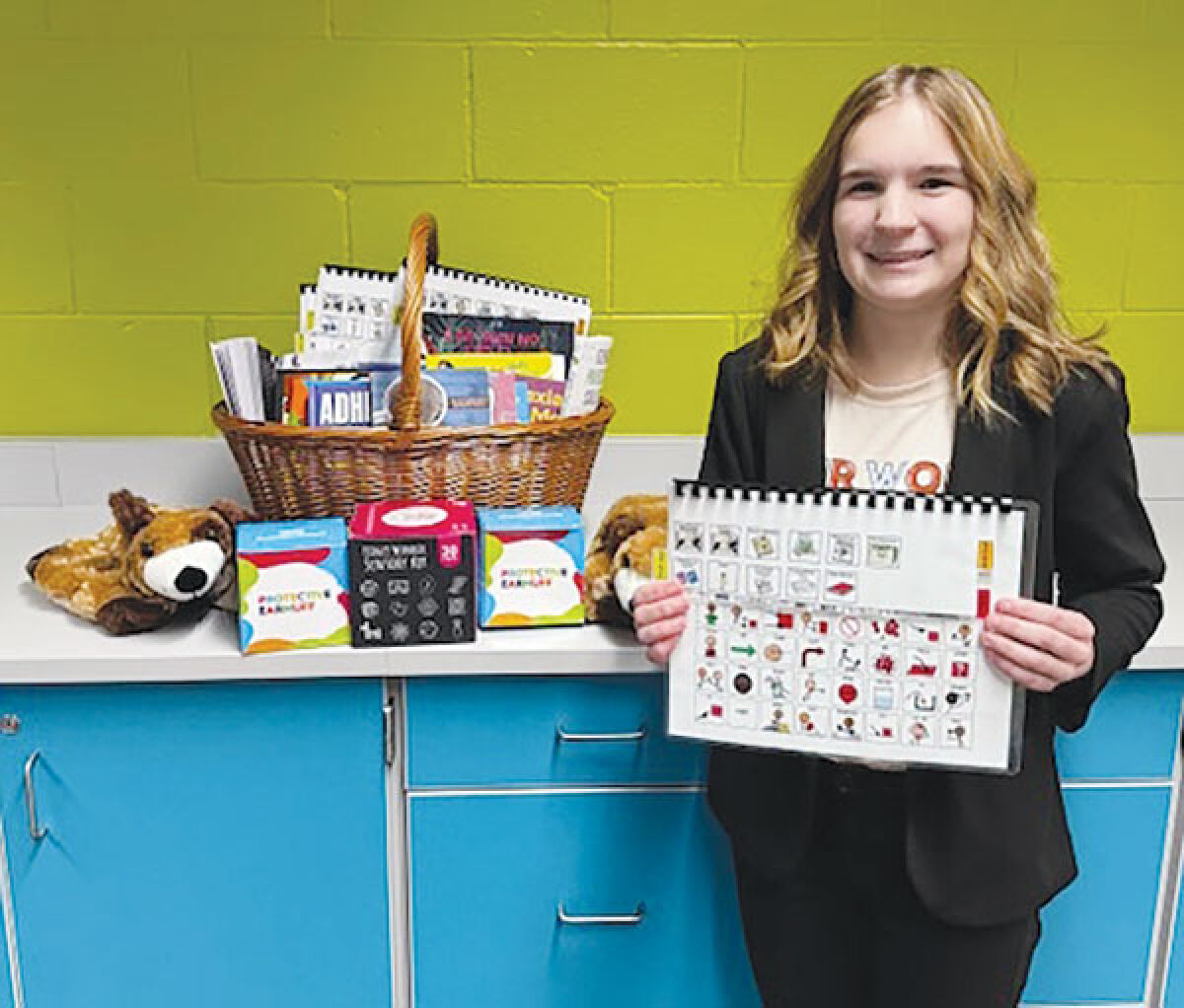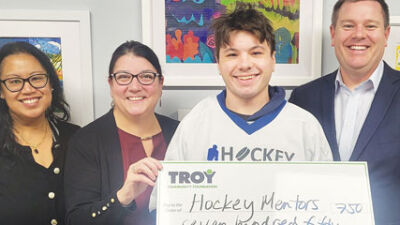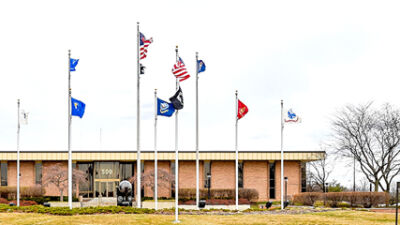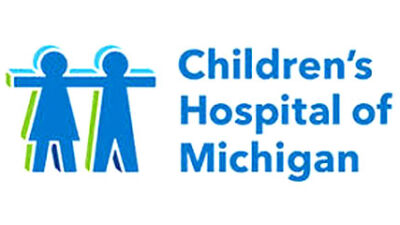TROY — A local Girl Scout has taken on a special project to help ensure every member of the community can enjoy the local library she says has given her so much.
For her Girl Scout Gold Award project, Troy High School sophomore Lauren Hatto created and provided several items for the Troy Public Library that will improve access for neurodivergent individuals, such as those with autism.
“I chose to focus on this topic because I love the library,” said Hatto. “It’s my favorite place to go, and I am grateful I’ve gotten to enjoy it throughout the years and I hope through these materials they can enjoy it the same way I did. My passion for neurodiversity started after I read a book about a year ago. I wanted to learn more about these people and their stories and experiences. My connection to the Troy Public Library led me to create my Gold Award project with them.”
In her 11th year as a Girl Scout, Hatto took on the project to earn her Gold Award, a sort of capstone achievement for longtime Girl Scouts.
“In the Girl Scouts, the Gold Award is the highest award a Girl Scout can earn,” she explained. “I earned the Bronze Award in the fifth grade and the Silver Award in the seventh grade. I am earning my Gold Award where I spent 86 hours on this project. My passion for this project began with taking small steps toward taking this big step with this donation and a website to learn more about these issues.”
Manda Carr, the youth services librarian at the Troy Public Library, said Hatto has provided numerous resources that will help patrons.
“She reached out to us back in October, and she had spoken with our teen librarian and was working to come up with ideas that would benefit the community. She was very interested in ideas that would benefit those with neurodivergent issues,” said Carr. “We met back in October, and she gave me a plan of what she wanted to accomplish. I adjusted some of her project ideas so they were more easily translatable for the staff so she didn’t have to train us all herself. She created core boards, which are a tool that help those who might not be strong verbal communicators. Lauren’s goal was to work with the library and work with library-specific tabs based on Oakland County Schools’ core board. This would be generic things, like ‘I want’ and ‘this is,’ and then make tabs specific to the three main patron desks that would have icons for people looking for items at the reference desk, or to ask where the bathroom was, where are games, where is the mystery section, and so forth.”
The items vary from sensory stimulating items to books on topics relevant to a variety of conditions and topics.
“She donated wobble cushions, weighted blankets and books to all three departments,” said Carr. “It’s not just books for parents, but also adult books for adults who might suffer from some kind of disorder themselves. It was a really generous and fantastic project. She worked with school counselors, librarians and people from the neurodivergent community. She put at least 80 hours into this, it’s such a great project that she put so much work into.”
Items also can be checked out so families with neurodivergent children can try different methods to see which items work best for their particular needs.
“If you have a child who has trouble with neurodivergent issues, now you can try some different things out here at the library,” Carr said. “If it’s successful, families can maybe buy them instead of trying 10 things and seeing what does and doesn’t work.”
Hatto called the project “Your Words Matter” and created a website to complement it, sites.google.com/view/your-words-matter/home.
“The library is already a leader in the area of neurodiversity. They already have a universal access collection, for instance,” said Hatto. “This is also a way to celebrate the stories of a group of people who are often overlooked. It’s not just about providing more resources but being neuro-affirming.”
The needs of neurodiverse individuals can be difficult for those who are not educated on their situation to understand. This can make interacting with the rest of the world difficult for neurodiverse people. Hatto hopes this project will give people both the tools and knowledge needed to improve such things in the community.
“Neurodiverse people often have sensory overload, which can include all five senses where they feel overwhelmed in a space. This can be loud noise or bright lights. Headphones or a fidget spinner to help keep their mind occupied can help,” said Hatto. “Some of the supports for the patrons are things like weighted lap pads and sensory seating. There’s noise-canceling headphones and fidget devices. All of this is helpful to those who have issues with overstimulation. Families can check the items out so families can try them out. There also are several books that have been added to the universal access collection so people can learn more about these important issues and encourage more empathy for those with these conditions. … My hope is these supports will aid current and future patrons at the library. More patrons will now be able to enjoy the library, because it’s an integral part of our community.”
 Publication select ▼
Publication select ▼




















